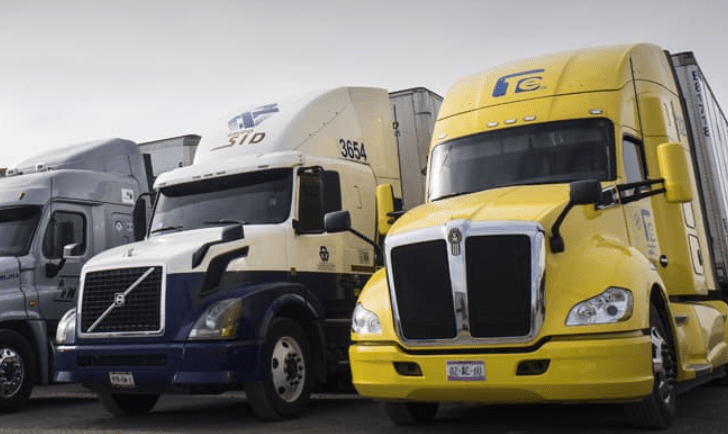What alternative fuels at Traxion will be used in the near future? This transportation company discusses biomethane or hydrogen.
Among other uses, biomethane or renewable natural gas is a fuel that could be used for transportation.
This fuel comes from a variety of sources, such as dairy farms, wastewater treatment plants, municipal solid waste landfills, and waste products from food production.
“We continue to evaluate and map the market availability, as well as the techno-economic feasibility of alternative fuels for our operation, with a special focus on biomethane and hydrogen,” Traxion said.
Alternative fuels at Traxion
According to African Agriculture Holdings, biomethane, once captured, undergoes further refinement. In this process, water, carbon dioxide and other components are removed. In this way, biomethane reaches the standards needed to fuel natural gas vehicles.
On the other hand, the transition to biofuels involves only a minor reconfiguration of the existing infrastructure. No complete replacement of buses, gas stations, airplanes, refineries, automobiles or truck fleets is required.
At least until the third quarter of 2024, Traxion continued its biomethane tests on a passenger bus.
Finally, biomethane, with a chemical composition identical to natural gas, avoids additional carbon emissions into the atmosphere. In this way, it actively contributes to reducing global warming.
Hydrogen
In the third quarter of 2024, the company completed its first nature impact assessment. For this, it used the methodology of the Task Force on Nature-related Financial Disclosures (TNFD). The analysis concluded that the main impact of its operation is related to global warming and climate change.
Hydrogen is the most abundant and cleanest element in the universe. However, on Earth, it is mainly found in compound form with other elements. This mineral is key in the manufacture of fertilizers needed for global food production. In addition, it is used in transportation, petroleum refining and the manufacture of steel, glass, pharmaceuticals and more.
Today, almost all hydrogen is produced from hydrocarbons such as coal, oil and natural gas. Hydrocarbons are polluting and limited resources. Water, on the other hand, is a globally renewable and infinite resource.
Currently, the most common method for obtaining green hydrogen is the splitting of water into oxygen and hydrogen using an electrolyzer. This process uses green electricity, generated by solar or wind power.

